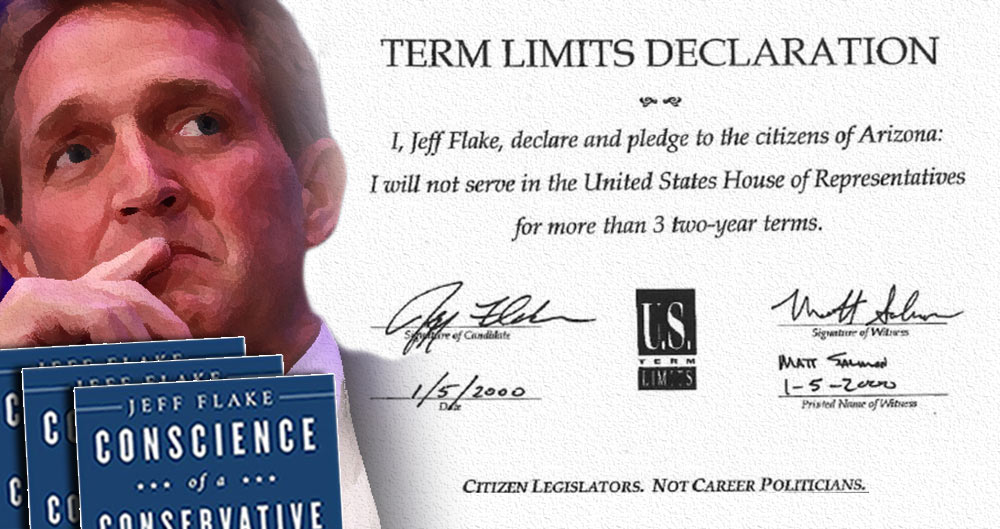“One of the great myths in official Washington,” writes pollster and pundit Scott Rasmussen at Ballotpedia.org, “is that voters hate Congress but love their own representative.”
Working for term limits, boy have I heard this assertion a lot.
Oh, voters do hate Congress; this we know. Less than one in eight Americans approve of the job being done (or not) by Congress, according to a brand new The Economist/YouGov poll.
The remaining question, however, is whether we really like our own congressperson. The correct answer appears to be: Not so much.
A recent ScottRasmussen.com national survey, conducted Feb. 1 – 2, 2019, found that less than one in four voters, only 23 percent, “actually think their own representative is the best person for the job.” A far larger percentage, 38 percent, believe “others in the District are more qualified.”
It is certainly possible, of course, that folks could think there is someone better than their sitting congressperson and, nonetheless, still love their Rep.
Though, doesn’t “love” seem like way too strong a word?
The notion that we are consumed with amorous urges toward our own federal representative is evidenced only by the high re-election rate for incumbent congressmen. But those rates are more likely the result of the powerful advantages of incumbency.
Not gleeful adoration of “our” career politicians.
There is one way to test our level of devotion: Let us vote on term limits and see what happens.
It would lead to a new question: Where did our love go?
This is Common Sense. I’m Paul Jacob.

—
See all recent commentary
(simplified and organized)










